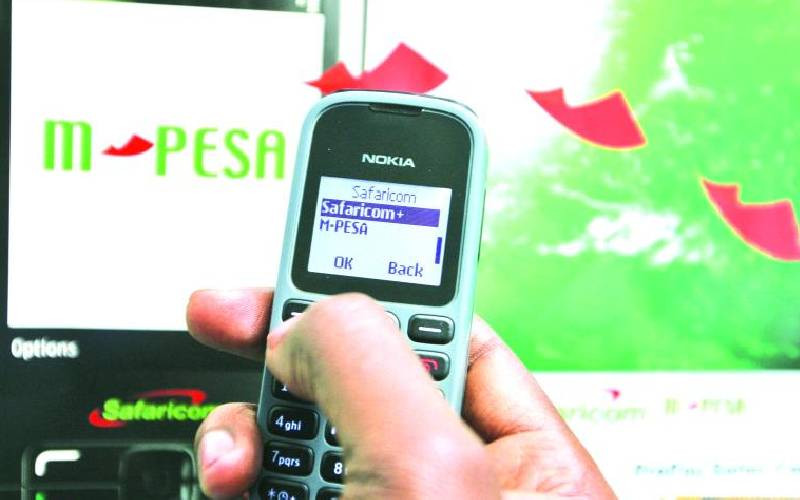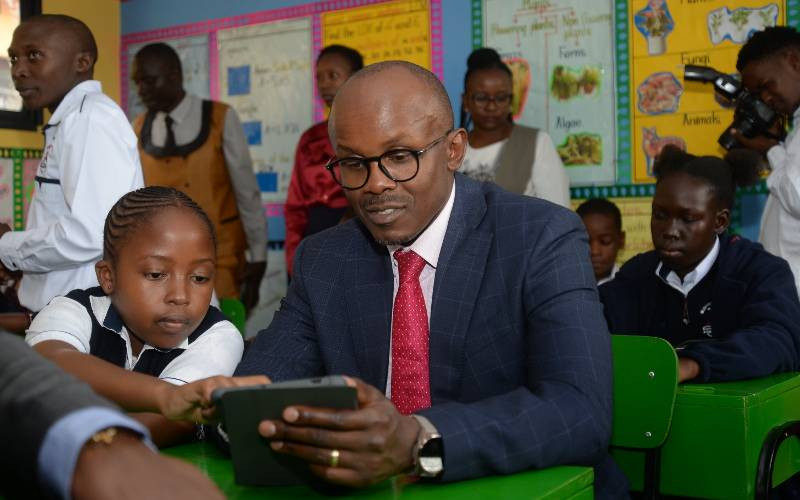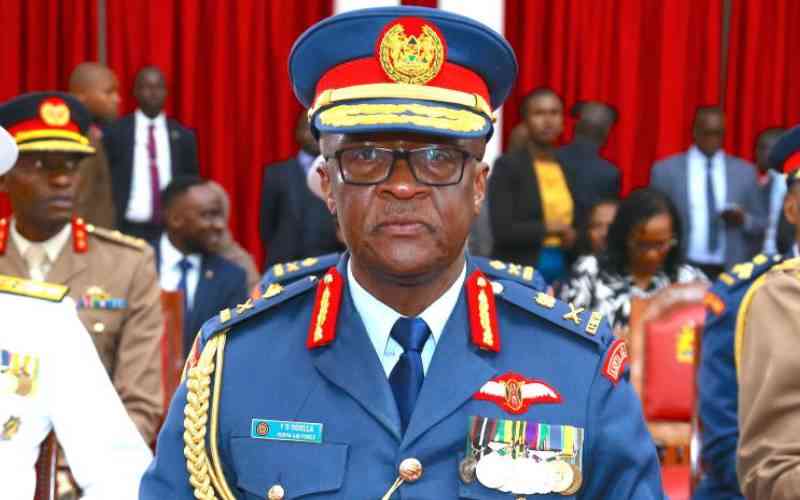
Last week, Safaricom announced the appointment of Harambee Stars Captain Victor Wanyama as their brand ambassador. This adds to the growing list of corporates that have turned to endorsement of celebrities to market their brands.
The announcement comes at a time when Safaricom has mooted plans to extend its mobile money transfer service M-Pesa to other African countries starting next year, according to its Chief Executive Officer Bob Collymore.
M-Pesa has been popular in Kenya, its birthplace. However, the product has struggled to find a footing in new frontiers, having failed to make impact in South Africa.
But now, it seems Safaricom has found a new strategy to penetrate these markets: aggressive brand awareness campaign.
Wanyama who plies his trade for English top club Tottenham Hotspur will be expected to use his popularity on the African continent to market Safaricom in general - and M-Pesa in particular in these new markets.
In 2015 Bharti Airtel named Yaya Touré - a Manchester City midfielder and Ivory Coast captain as its new brand ambassador for Africa, as the Indian-based telecoms firm sought to spread its wings on the continent.
The then Airtel Kenya CEO Adil El Youssefi noted that the partnership would see Touré support Airtel’s corporate social responsibility among the youth in empowerment for development.
Use of soccer players as brand ambassadors is neither new nor unique to telecommunication firms.
Online betting firm Betway also entered into a one-year deal with former national football team captain Dennis Oliech, making the ex-football star their official ambassador.
Oliech has also been marketing Visa- card. Although there are several benefits of using brand ambassadors for brand awareness, it is not a sure win.
For example, despite Airtel splashing millions of shillings on Toure, the Ivorian soccer star is yet to come to Kenya to promote the brand.
Mr Toure’s only visit to the country was to Mombasa on holiday. Brand ambassadors, unlike paid endorsers, are volunteers. A brand ambassador will endorse the products and services of a company as well as embody its corporate identity in appearance, demeanor, values, and voice; not because they have been paid to do it, but because they have used the product and truly appreciate it.
“If you’re not familiar with the idea, a brand ambassador is person who tried your product or service and loves it - loves it enough to say amazing things about it.
Not a paid endorser,” writes a public relations expert Derek Newton in The Entrepreneur.
Stay informed. Subscribe to our newsletter
Newton says that while paid endorsers too are helpful, “they lack the authenticity of a brand ambassador.”
Brand ambassadors are not only unpaid, but either have “expertise in your marketplace” or have “an every person appeal,” according to Newton.
Finding a brand ambassador that fits the two has been tricky for most companies.
That is why, while toothpaste makers, for example, are right to use dentists as their brand ambassadors since they have the expertise, often times the dentists do not have “an every person appeal.” Rudish has been a household name in Kenya, endorsing a shoe polish and a soap.
But, unlike such track athletes as Jamaican Usain Bolt, he does not seem to have made a name for himself a name in the international scene to attract as much endorsements.
Indeed, after a sterling performance in the Olympics Game of 2012, Kenya’s David Rudisha was touted as one of the potential endorsement beneficiaries.
“It is difficult to think how marketable (Rudisha) will be. Is he really well-known enough in the big markets, and what type of endorsements would come his way?
Although he was amazing, when all the fuss dies down you wonder if he can earn millions,” wondered Oliver Hunt, a partner at the sports law firm Onside Law.
Real Madrid Soccer maestro and Portuguese international Cristiano Ronaldo has been a brand ambassador for such products as Nike, Samsung, Herbalife and Konami
 The Standard Group Plc is a
multi-media organization with investments in media platforms spanning newspaper
print operations, television, radio broadcasting, digital and online services. The
Standard Group is recognized as a leading multi-media house in Kenya with a key
influence in matters of national and international interest.
The Standard Group Plc is a
multi-media organization with investments in media platforms spanning newspaper
print operations, television, radio broadcasting, digital and online services. The
Standard Group is recognized as a leading multi-media house in Kenya with a key
influence in matters of national and international interest.
 The Standard Group Plc is a
multi-media organization with investments in media platforms spanning newspaper
print operations, television, radio broadcasting, digital and online services. The
Standard Group is recognized as a leading multi-media house in Kenya with a key
influence in matters of national and international interest.
The Standard Group Plc is a
multi-media organization with investments in media platforms spanning newspaper
print operations, television, radio broadcasting, digital and online services. The
Standard Group is recognized as a leading multi-media house in Kenya with a key
influence in matters of national and international interest.









